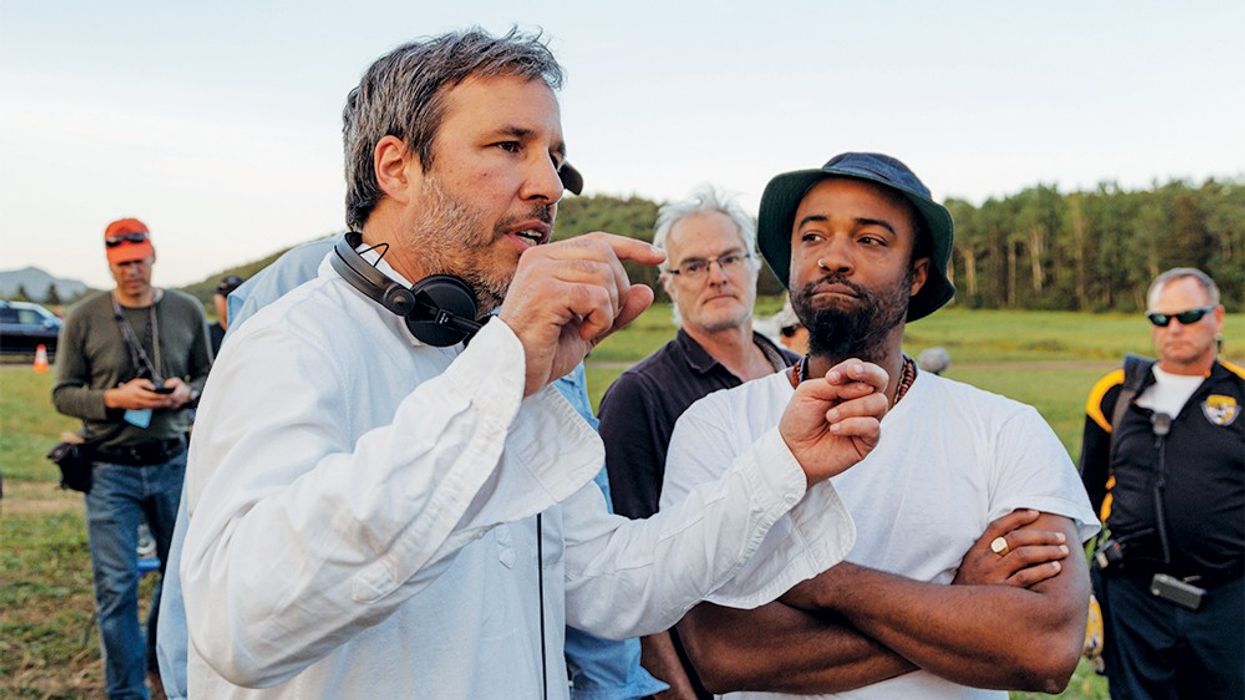Denis Villeneuve is quickly becoming one of the best sci-fi directors of our time. With Blade Runner 2049 and Arrival being massive successes, we can’t help but be excited to see his next movie. As we wait for the release of Villeneuve’s highly-anticipated sci-fi epic Dune, why don't we examine the director and his creative process?
Check out this video that breaks down some of the key principles of Villeneuve's direction. Then get into three takeaways that make Villeneuve’s movies so great!
Overcome failures by acceptance
You kind of have to be a lunatic to try to create a sequel to a seemingly perfect and legendary movie. When he talks about the making of Blade Runner 2049, Villeneuve says he went into it thinking failure would be likely if he attempted to create a sequel to the original Blade Runner.
Villeneuve says that when he first heard that the sequel was in the making, he thought it was an insanely bad idea. When he was approached about the film, he felt an overwhelming amount of pressure and fear because the original Blade Runner was the birth of his love of cinema.
He and star Ryan Gosling had a conversation about this, and eventually, they had to accept the fact that the chance of failure was extremely high in creating a sequel to Blade Runner. He said that no matter what you do, you will get compared to a masterpiece, a movie that everyone loves. You’re not only battling a technical marvel, but also years of nostalgia, memories, and feelings that this movie has given audiences over the years.
He says that you have to accept the fact that you can, and (likely) fail, and that that’s okay. Accept that fate, and once you do, you become free.
“You are no longer bound to results and can think about creating a purely artistic act," he says.
To get rid of the pressure of potential failure, you need to accept that it can happen, place less focus on it, and just put your mind toward creation. That is the only way you can create without boundaries.
Create tension with realism
Villeneuve is well known for creating tension that draws you in. If we look at his movies Enemy, Prisoners, and Sicario, they all have a way of creating incredible tension between characters in impossible situations. It makes it hard for you to look away.
Villeneuve says that one of the key elements for tension is that you need to make people relate to the narrative through the subconscious mind. You have to bring the story to life, whether that be through light, props, or anything that makes it feel real. This is in part why Villeneuve loves working with Roger Deakins, because his lighting is very much based on reality.
Villeneuve says that you have to bring in something for your audience to relate to, and give them a clue to create suspense about something that will happen. Make the audience wonder.
Remember—something doesn't need to happen every time, because a poetic aspect can come from the absence of that thing happening.
Strive to create poetry
Villeneuve says that at the end of the day, the reason why everyone goes to see movies is to be moved by the poetry of the image.
Poetry is undoubtedly the most critical component of a good cinema. If you talk to film fans and mention the title of a well-known movie, it's likely that some key moments or set pieces will come to mind. Those frames were imprinted for a reason.
That, he says, is because those images had a profound meaning. That meaning is orchestrated by the movement of the camera, the light, the design, and the elements that create an invisible meaning. To Villeneuve, this is poetry.
He says that the goal should be to have as many of these moments as you can, to profoundly impact the audience by creating images that they will never forget.
Villeneuve shares a lot more incredible insights in the video above. Check it out and let us know what you think in the comments below.
For more videos about filmmaking, be sure to subscribe to my YouTube channel.
Source: AlterCine












